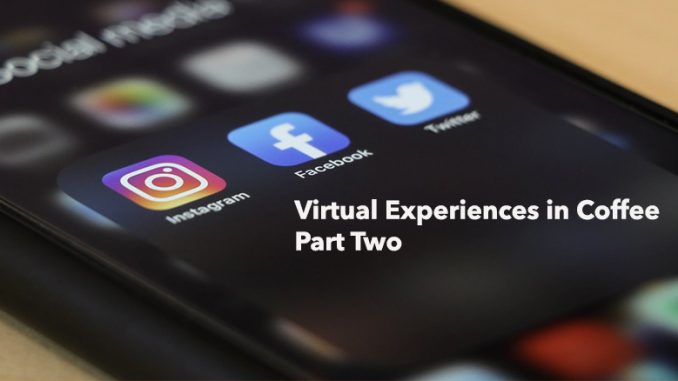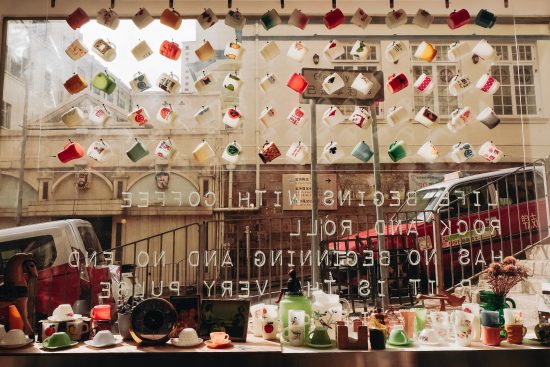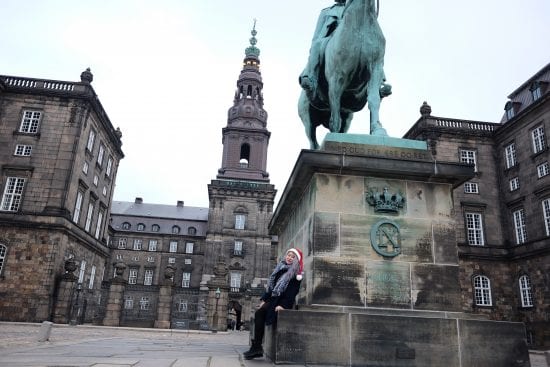
How social media may impact the coffee industry in a post-pandemic society.
BY TIGGER CHATURABUL
SPECIAL TO BARISTA MAGAZINE ONLINE
Cover photo by Dole77 for Unsplash
Last week, we looked at how social media is increasing café tourism domestically in Hong Kong, but how will this change the landscape of coffee after COVID-19?
If you watched The Social Dilemma on Netflix recently, the terrifying truth about our relationship with social media is probably still fresh in your mind. The consequences are unpredictable when we hand over our autonomy to algorithms and big tech corporations, but the documentary also challenges us to take action and build a “humane tech future.”

While online coffee content doesn’t usually reach the controversial heights of political disinformation or body dysmorphia, social media can sometimes distort the café experience in two ways: the common disconnect between Instagram and reality, and the invasion of obsessive documentation within the coffee shop.
Influencer culture is currently a pandemic within a pandemic in Hong Kong. It’s almost impossible to walk into a coffee shop without running into someone snapping away at their latte art from a hundred angles, or positioning and repositioning their avocado toast to best capture the runny yolk of a poached egg. These social media posts are usually accompanied by a review or a score rating the overall coffee shop experience.
“You can’t judge a café by their photos on Instagram because we all have our biases. As a coffee competition judge, we are required to go through calibration training for fairness, but there is no calibration for foodies. So how do we actually measure anything? When I post content about coffee shops, I hope my audience can get an idea of the flavors they can expect to experience there, or have an understanding of what the shop wants to share, rather than a summary based only on my first impression of the café,” says the man behind @coffeenow.today, a social channel dedicated to sharing all things coffee. (He prefers to be referred to only by his social handle.)
Some coffee shops in Hong Kong have publicly called out influencer culture and its disruptiveness to café operation. A few complaints include irritation with guests ignoring optimal enjoyment times for food and drinks. Instead, they favor “letting their cameras eat first,” or disappointment in seeing their cafés transform from a relaxing place to a backdrop for photo-ops.
As people draw inspiration from coffee shop content online, they often end up with cookie-cutter experiences themselves. “Social media sometimes takes away from creativity because people get too absorbed and overly influenced by the photos they see,” says Helen Kwok, an architect who shares her love for coffee through @f.o.v_. “People tend to think it’s obligatory to take a photo in a certain Instagram-friendly angle of the shop, but really it’s more interesting to discover something from your own observations,” she adds.
Stay tuned for the final parts of this story, where we’ll cover virtual events in coffee and tips for creating meaningful coffee content on social media.

ABOUT THE AUTHOR
Tigger Chaturabul tried to be a barista for two years until she realized she was better suited behind the business than behind the bar. She now runs her own copywriting and design studio, Curious Typhoon Studio, that serves F&B and other small businesses in Hong Kong. Her free-range creative lifestyle allows her to spend all her time in coffee shops everywhere.

